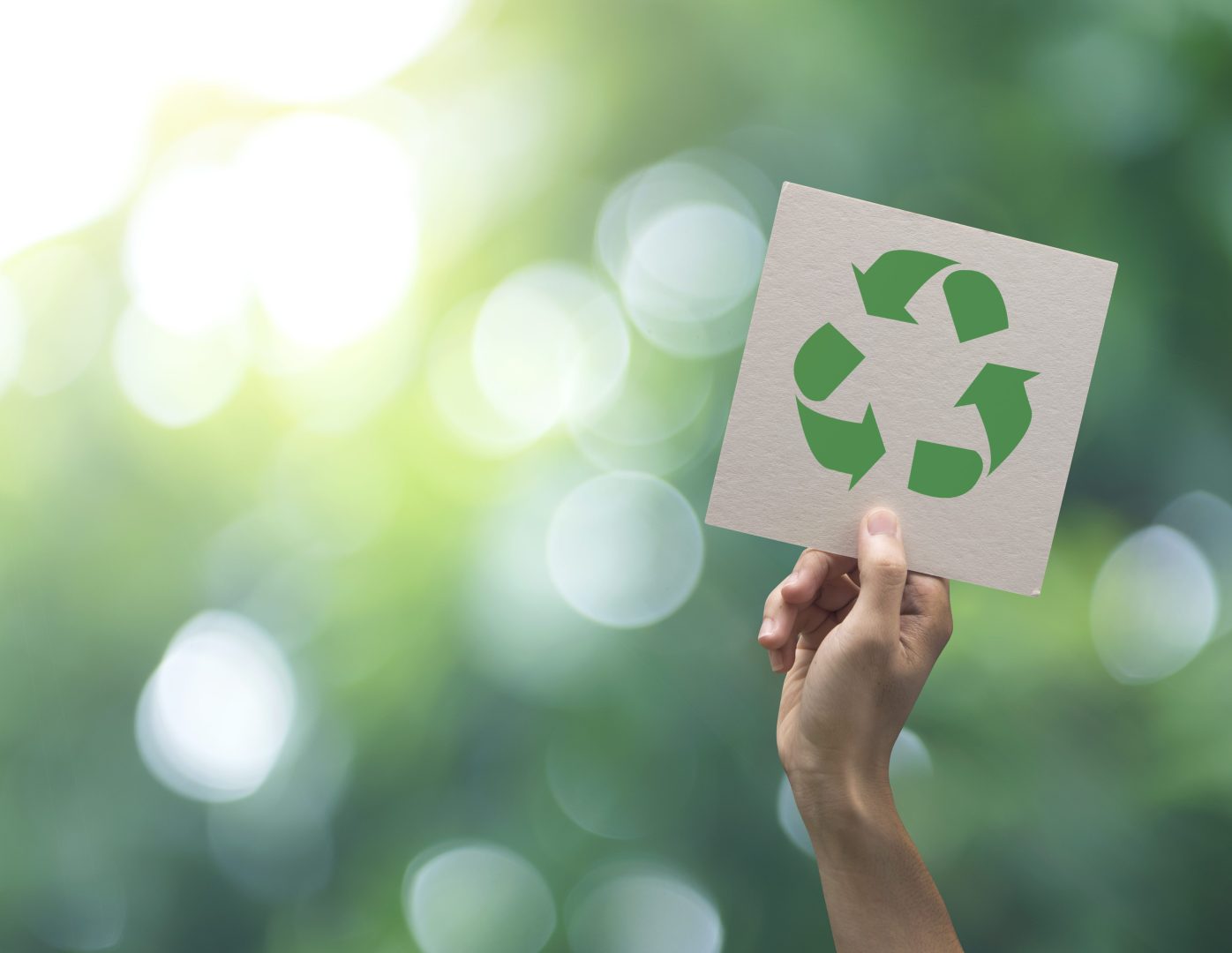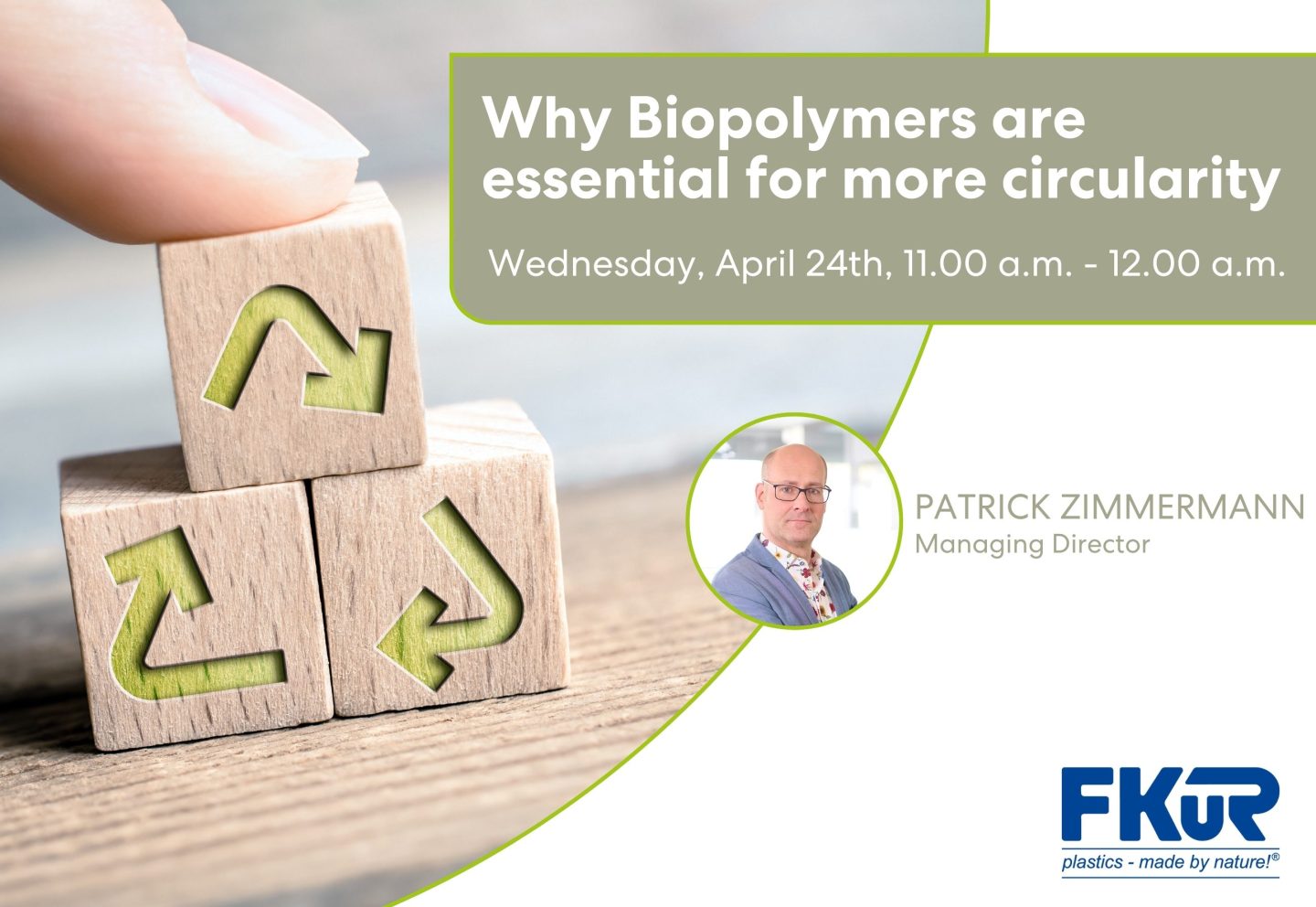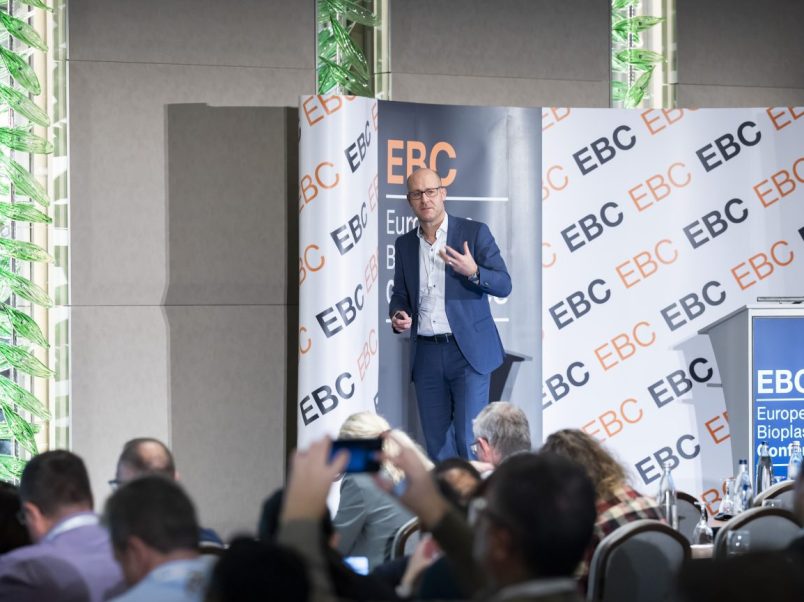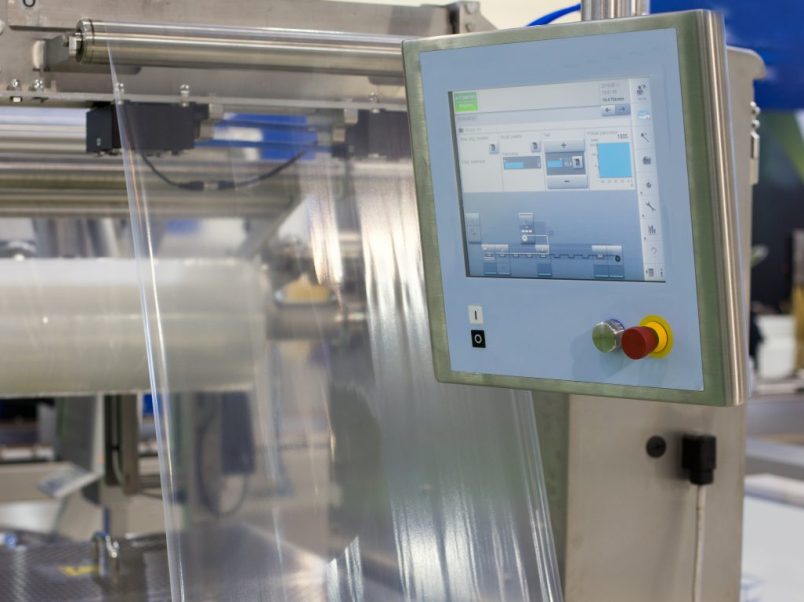
Webinar: “Why biopolymers are essential for more circularity”
Bioplastics are an essential component of the circular economy. In our webinar, we put the cart before the horse and explain why a rethink in terms of greater circularity is also necessary.
5 factors for successful circularity
Sustainability, climate change and environmental protection are issues that concern us more than ever. We know that we need to treat our planet and resources with care and are doing a lot to achieve greater sustainability. Manufacturers and brand owners in particular are looking for the supposedly most environmentally friendly material when designing products in the hope of reducing CO2 emissions or curbing marine littering. But is this the right approach?

Always informed! Now and in the future!
Register here for the free FKuR newsletter and never miss an event again.
In the webinar “Why Biopolymers are essential for more circularity”, Patrick Zimmermann looks at the overall and complex issue of sustainability from all angles. Which product design and material handling are conducive to the circular economy? What are the effects of current consumer behavior and legislation? When do biodegradable and when do bio-based plastics make sense and when are recyclates the better alternative? At the end of the webinar, you will know which factors have a significant influence on the manufacture of recyclable products and that there will not be ONE raw material and ONE solution.
Agenda
Put the cart before the horse and don’t miss our free webinar.
- Circular economy: its principles, our services
- Solutions for different regions, markets and applications
- Analysis of end-of-life scenarios
- Disposal routes
- Requirements for (bio)plastic solutions
We do not just have bioplastics!
Are recyclates an alternative to our “Plastics care for Future” portfolio?







